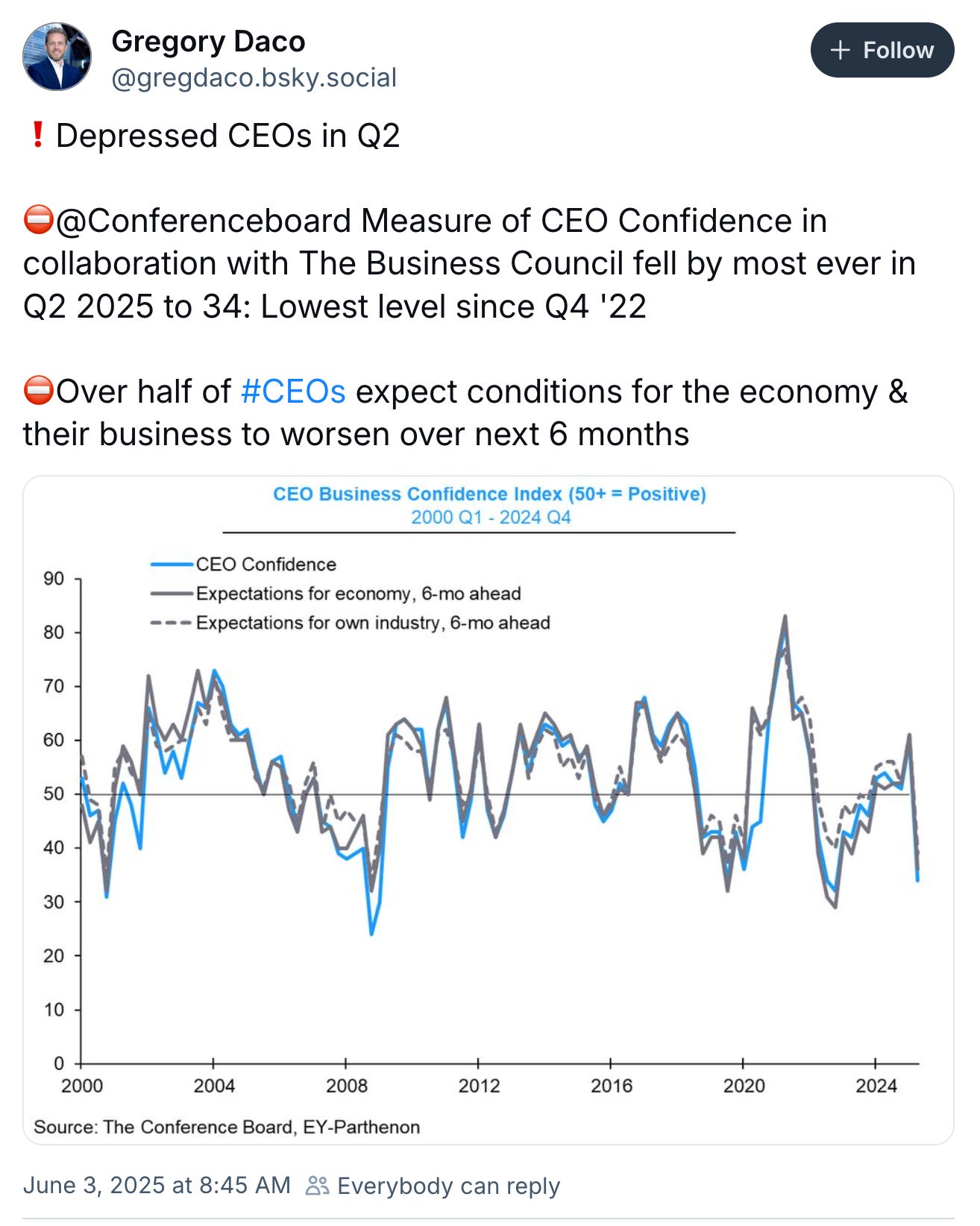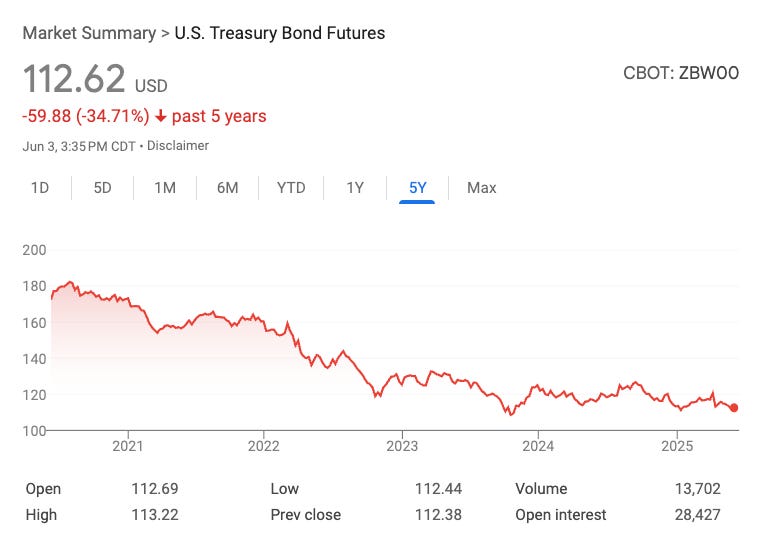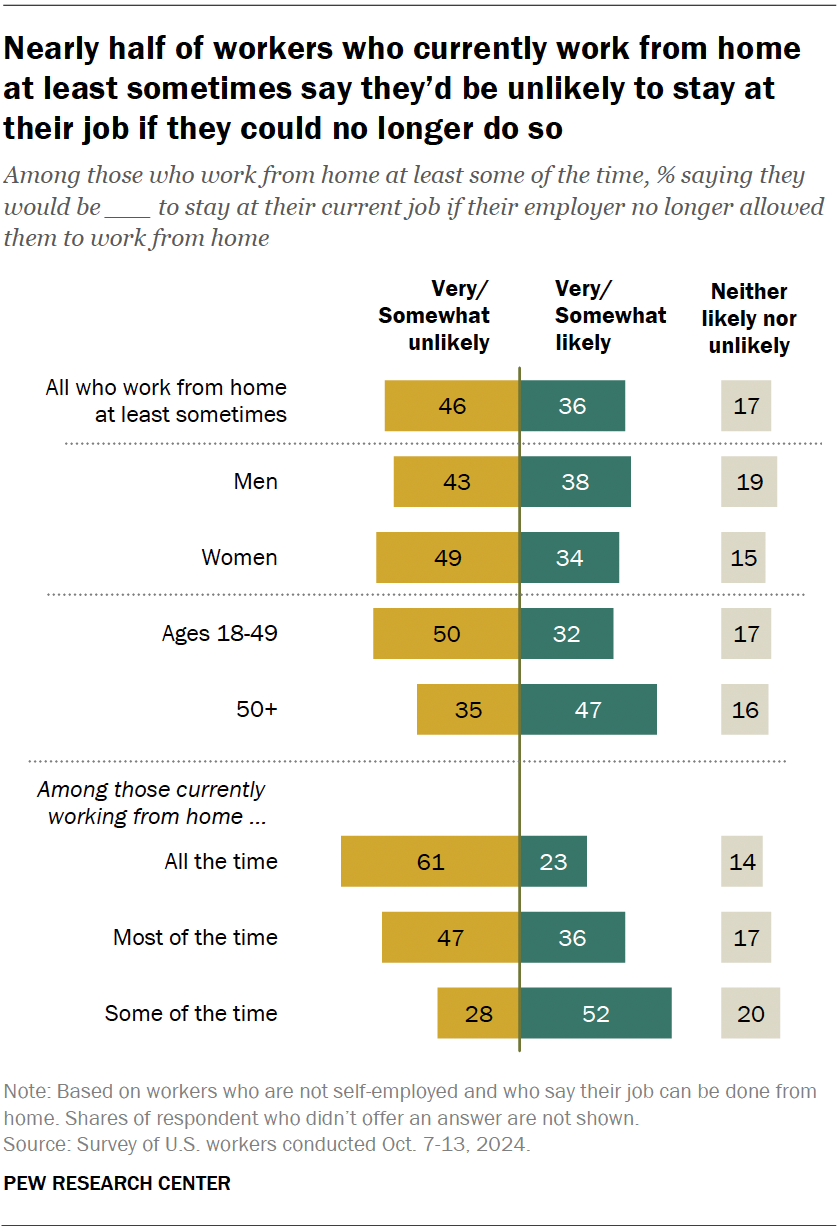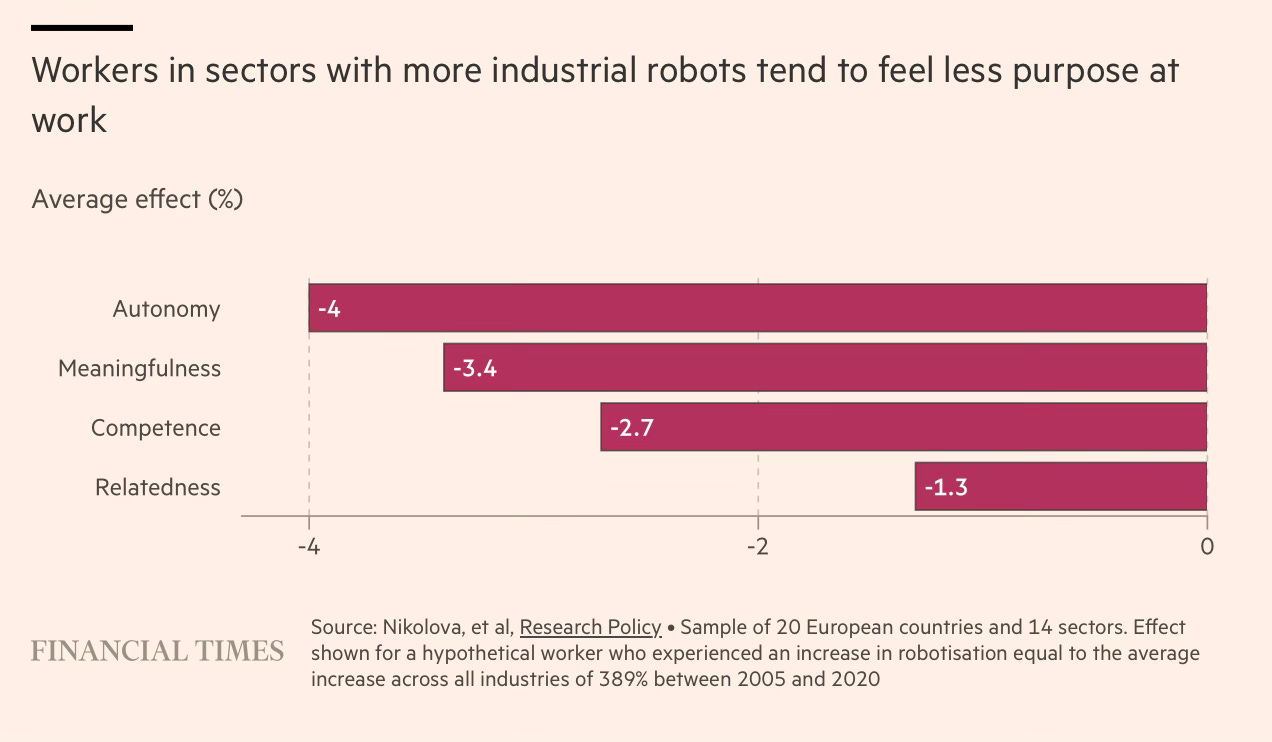The Path To Change
Thomas Sugrue | The Rise and Fall of Knowledge Work | CEO Depression | People Unwilling To Return | Robots Sap Purpose
The path to change is seldom polite.
| Thomas Sugrue
…
Perhaps that fact is one of the reasons I have always been drawn to the narratives surrounding change, in its many forms: I too am seldom polite.
The Rise and Fall of Knowledge Work
Noam Sheiber wrote, either this year, about various economic realities undermining the knowledge estate: the rank and file of white collar workers that mostly work while sitting, as opposed to the larger cadre who work while standing.
The concept of knowledge work is generally attributed to Peter Drucker:
The most important, and indeed the truly unique, contribution of management in the 20th century was the fifty-fold increase in the productivity of the MANUAL WORKER in manufacturing. The most important contribution management needs to make in the 21st century is similarly to increase the productivity of KNOWLEDGE WORK and the KNOWLEDGE WORKER.
Basically, in 1959, Drucker foresaw the transition from in the industrial age to an information age.
Now, in 2025, 65 years later, various factors seem to be lining up to presage a transition from a knowledge economy to something quite different. For now, we can call it the post-information economy, at least until the dust settles on the impacts of AI.
Sheiber draws a narrative that starts with lower-level, bachelor’s degree holders:
Over the past few years, [white-collar workers] have seen a steeper rise in unemployment than other groups, and slower wage growth.
He provides a bit of near-term speculation about the impact of AI in some clearly defined domains, like coding and video game development:
But amid rapid advances in artificial intelligence and President Trump’s targeting of federal agencies, which disproportionately support white-collar jobs, some wonder if a permanent decline for knowledge work has begun.
“We’re seeing a meaningful transition in the way work is done in the white-collar world,” said Carl Tannenbaum, the chief economist of Northern Trust. “I tell people a wave is coming.”
To date, few industries epitomize the shift of the last few years better than the making of video games, which began a boom in 2020 as couch-bound Americans sought out new forms of home entertainment. The industry hired aggressively before reversing course and embarking on a period of layoffs. Thousands of video-game workers lost jobs last year and the year before.
The scale of the job loss was such that the host of the Game Developers Choice Awards, the industry’s annual awards show, complained about “record layoffs” during her opening monologue in 2024. That same year, a unionization trend that had begun with lower-paid quality assurance testers spread to better-paid workers like game producers, designers and engineers at companies that make the hit games Fallout and World of Warcraft
Is this a short-term, post-pandemic bubble popping? Or targeting just junior workers? Or is it actually a part of industry retaliation against restive unionization? [Emphasis mine.]
But a lot of the discussion focuses on the devaluation of bachelor's degrees as a requirement for white-collar work. It appears there’s less of a premium for those with only a bachelor's over those without: maybe a shift to skills rather than academic experience. Note that those with post-graduate degrees have not seen a rise in unemeployment.
Similar efforts against unionization in other industries appear to be part of the picture [emphasis mine]:
Heather Rolfes, a lawyer who was let go [from Wells Fargo], said that she believed the company was seeking to save money by shrinking its U.S. work force, and that she and her colleagues were a tempting target because they had recently sought to unionize.
Trump's direct and indirect layoffs could have a major impact on white-collar work, since the jobs being cut in government or those in adjacent industries -- academia, science and tech -- will be hit by the attenuation of funding from the Feds.
Professor Katz of Harvard noted that a larger portion of college-educated workers depended on the federal government for their jobs than other groups, either directly or through the funding of nonprofits. “What appears to be a major contraction of spending on science and research, on education, by the government — that is going to potentially have a very large impact,” he said.
Perhaps the larger context is brutalist: companies in many industries are attempting to increase profits, relying on the productivity of their workers, and tapping that by firing as many as is possible, starting with pro-union troublemakers. And in today’s political environment — the Age of DOGE — who is going to stop them?
…
So, is this becoming a post-knowledge economy? Aside from the commodification of what formerly passed for knowledge work, what else can we expect?
As Sugrue tells us, this change won’t be polite.
…
One takeaway: ‘Overall, the unemployment rate in tech and related industries jumped by more than half from 2022 to 2024, to 4.4 percent from 2.9 percent.’ Likely to grow?
CEO Depression
via Gregory Daco
@Conferenceboard Measure of CEO Confidence in collaboration with The Business Council fell by most ever in
Q2 2025 to 34: Lowest level since Q4 '22
Over half of #CEOs expect conditions for the economy & their business to worsen over next 6 months
CEO Business Confidence Index (50+ = Positive)
Looks a lot like bond futures, except CEOs are driven more by ‘animal spirits’.
People Unwilling To Return
Strange thing about the term, ‘remote work’. Working from home is actually ‘close work’, in that you don’t have to commute to a location more remote than your home office. Going to the office should be called ‘remote’.
People — especially women, who are the main caregivers — are highly likely to find other jobs if compelled to return to commuting to the office, Pew Research tells us:
As I said, 49% of women who work at home at least sometimes are very/somewhat unlikely to stay at their current job if their employer no longer allowed WFH, compared with 43% of men in the same situation. A 6% gender gap.
Robots Sap Purpose
Azeem Azar shared this from the Financial Times on Substack, ‘Working alongside robots can be mentally straining and demotivating for human workers’.
Decreases in the sense of autonomy, meaning, competence, and relatedness.






